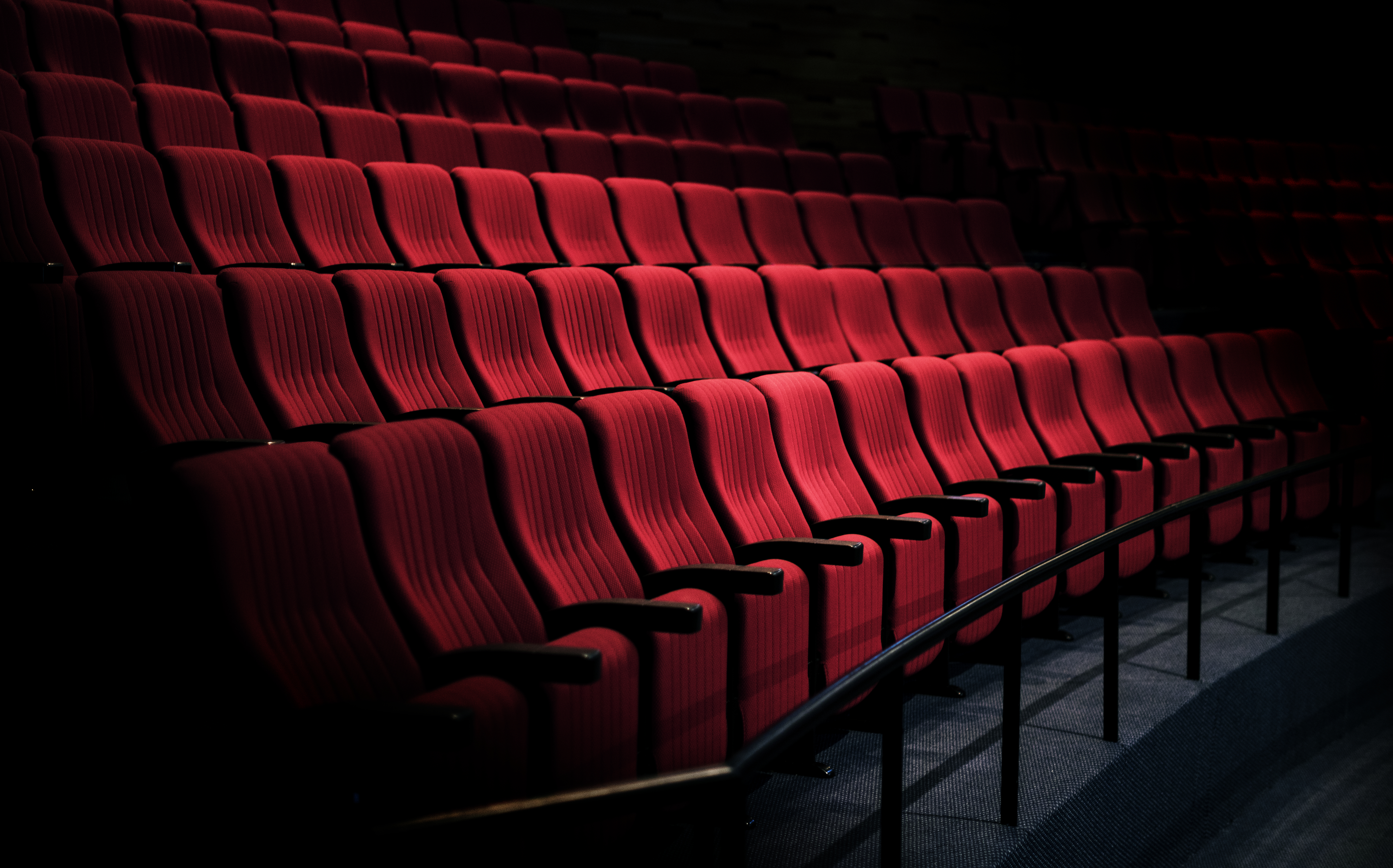Cultural Value, Tax Policy: Rethinking How We Support the Arts

By Bruce Stanley, Partner and Head of Arts, Entertainment & Sport, HLB Ireland
From world-class animation studios to independent theatres, museums, and galleries, Ireland is putting itself on the map alongside art hubs like Hollywood and New York City, and holding its own.
Unlike its more established counterparts, Ireland lacks a strong infrastructure for personal and corporate giving in the arts, and this could be the difference between initial momentum and long-term sustainability.
What We’re Getting Right
Culture and the arts have long been integral to Ireland's heritage. Storytelling and traditional music have set the scene for what Ireland has to offer, evolving in its scope from firesides and pubs to cinema, stage, and beyond.
And there’s no doubt that governmental investment has helped with that transformation. A number of incentives extended to artists around the country have enabled them to continue to explore and create, ultimately benefiting the country’s cultural landscape.
A generous “artist exemption” allows artists to earn up to €50,000 a year tax-free. This tax incentive has been a boon to artists all over Ireland, allowing them to create culture in real-time and urge Ireland further onto the global stage.
(But as any artist will tell you, earning even near that amount - consistently - isn’t often the reality. In a feast-or-famine industry like the arts and entertainment, tax breaks like this are helpful, but they don’t necessarily guarantee the feast. Additionally, the exemption only applies to artists creating a lasting product - sculptors, painters, novelists, poets, songwriters. Actors don’t qualify.)
Culture and the arts are highly valued here, but a critical disconnect may be preventing the industry boom that Ireland is capable of achieving.
What We’re Missing
For all the government, non-profit, and funding support for artists, a notable gap appears in areas that truly matter. Tax credits and a universal basic income for artists (a pilot program currently in testing) can only take the industry so far, and Ireland lacks serious tax incentives for patrons to contribute to the arts in a meaningful and structured way.
Indeed, compared to the US, Ireland lags far behind in the realm of philanthropy in the arts, both in terms of corporate and individual contributions. As it stands, there’s little reason for a company to patronise an arts event in a significant way unless it already values the work or has a personal connection to it. In other words, there is little love of art for art’s sake, and even less incentive to try.
Cultural Consequences
Ireland lacks a clear framework that encourages patronage: support for the arts from those who aren’t creating it, but who value what it brings to society. If Ireland truly wants to see the arts flourish, we must start treating cultural investment with the same strategic thinking we apply to other sectors. Just as we incentivise research and development through tax policy, we should offer similar benefits to those who support the creative industries, whether that’s through a corporate tax credit, a double deduction for arts sponsorship, or a philanthropic relief scheme.
The arts are part of our cultural infrastructure. They shape how the world perceives us - and how we perceive ourselves. They deserve a funding model that reflects their importance, not just to creators, but to all of us.
Final Thoughts
Ireland’s arts sector is vibrant, but its sustainability is uncertain. Without broader financial support, we risk creating a system where the arts survive solely on state intervention. While current government incentives for artists are vital, public funding alone is not always predictable or sufficient. And right now, there are few meaningful incentives for private individuals or corporations to step in and share that responsibility.
But by expanding our approach to include tax incentives for patrons and corporate sponsors, we can build a stronger, more resilient cultural ecosystem - one that’s not just funded, but valued. It’s not only about supporting artists; it’s about supporting the society that thrives because of them.



